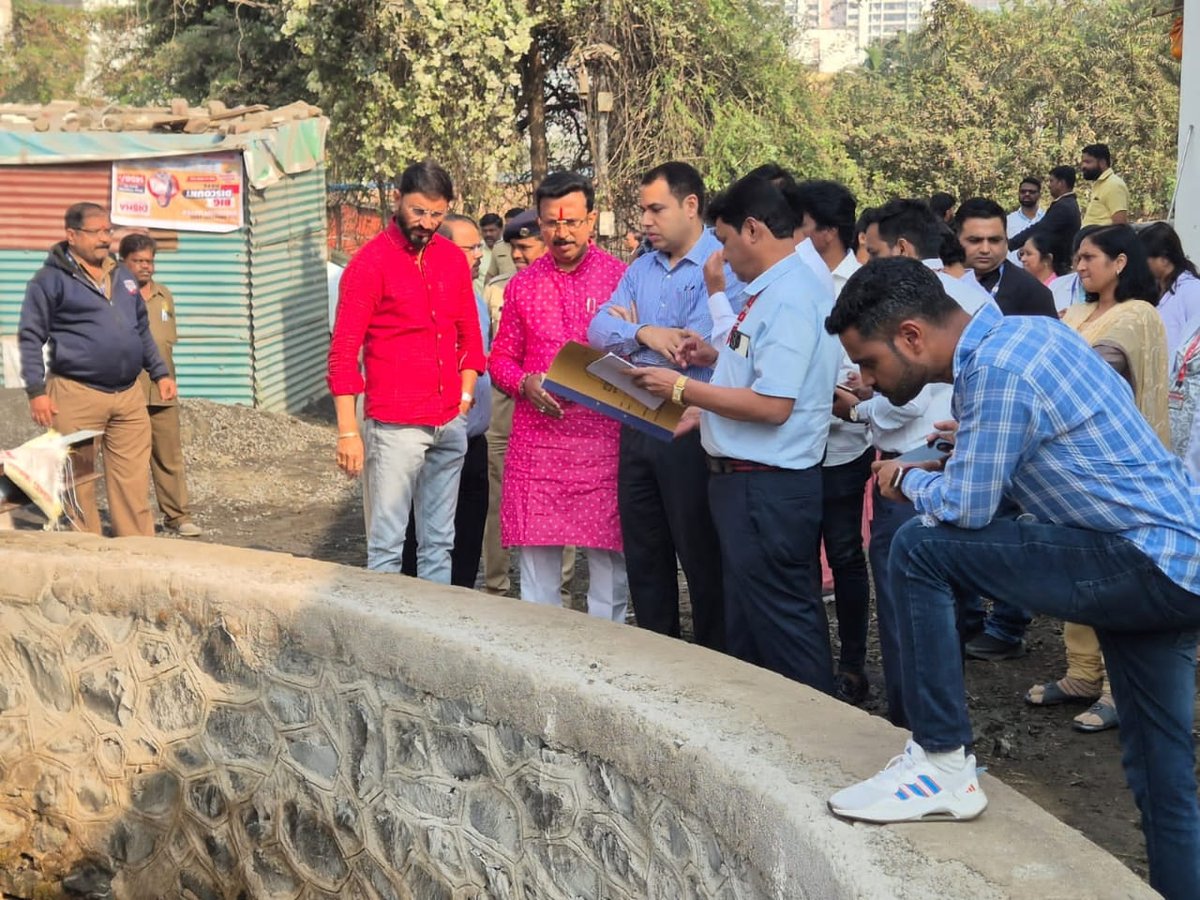Guillain-Barré Syndrome Outbreak In Pune District: PMC, PCMC Ramps Up Preventive Measures | Sourced
The Pune Municipal Corporation (PMC) and Pimpri-Chinchwad Municipal Corporation (PCMC) have ramped up preventive measures as cases of Guillain-Barré Syndrome (GBS) continue to rise.
PMC Commissioner Rajendra Bhosale and Additional Municipal Commissioner Prithviraj BP conducted an on-ground inspection in areas affected by the GBS outbreak. It included a visit to water supply sources, such as wells and water tanks, in newly included villages like Kirkatwadi, Nandoshi and Sanasnagar, under the Sinhagad Road Ward Office.
During the visit, officials inspected the water supply infrastructure and met with affected citizens at their homes and hospitals to inquire about their health conditions.
Following the visit, Bhosale issued immediate directives to all ward offices and the rural district health department to implement urgent preventive measures to curb the outbreak. Authorities are now focussing on strengthening water quality monitoring, medical treatment and community awareness to contain the spread of the disease. The PMC has urged residents in the affected areas to take necessary precautions and actively report any symptoms.
The PMC has formed 75 teams conducting house-to-house surveys in the Sinhagad Road area, gathering information on GBS patients in the locality while simultaneously raising awareness about the syndrome and how to prevent it. Pamphlets are also being distributed for public education.
‘No water contamination’
The PMC Commissioner pointed out that there is no water contamination, as the sample reports issued by the civic water supply department indicate sufficient residual chlorine levels in the water samples and no contamination.
“Most of the GBS cases are from the Sinhagad Road area, which was recently merged into the civic limits. The water samples from this area were tested and no contamination was found. We are now focussing on other factors that could cause water contamination, such as seepage in the area. The test sample revealed that the water was muddy. Therefore, it is necessary to provide filtered and treated water to the residents as soon as possible,” added Bhosale.
Meanwhile, the state health department has also set up a Rapid Response Team (RRT) to investigate the sudden rise in infections. The RRT includes Dr Babasaheb Tandale, a scientist from the National Institute of Virology (NIV); Dr Premchand Kambale, Joint Director of Health Services; Dr Rajesh Karyekarte, HOD of the Department of Microbiology at BJ Medical College; and Dr Bhalchandra Pradhan, the state epidemiologist, among others.
What is GBS?
GBS is a rare condition that causes sudden numbness and muscle weakness, with symptoms including severe limb weakness, loose motions, etc. Bacterial and viral infections generally lead to GBS by weakening the patient’s immune system, according to doctors. While GBS can affect both children and young adults, it is not expected to result in an epidemic or pandemic, and most patients will recover fully with treatment.
